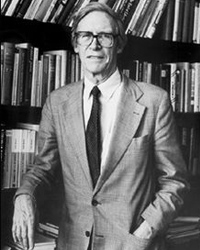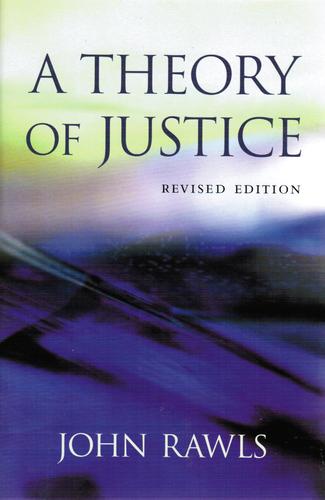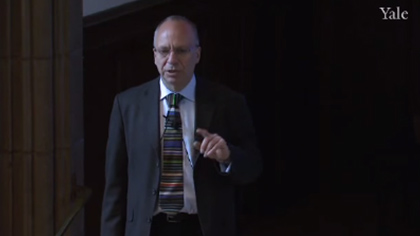The guiding idea is that the principles of justice for the basic structure of society are the object of the original agreement. They are the principles that free and rational persons concerned to further their own interests would accept in an initial position of equality as defining the fundamental terms of their association.
— John Rawls






